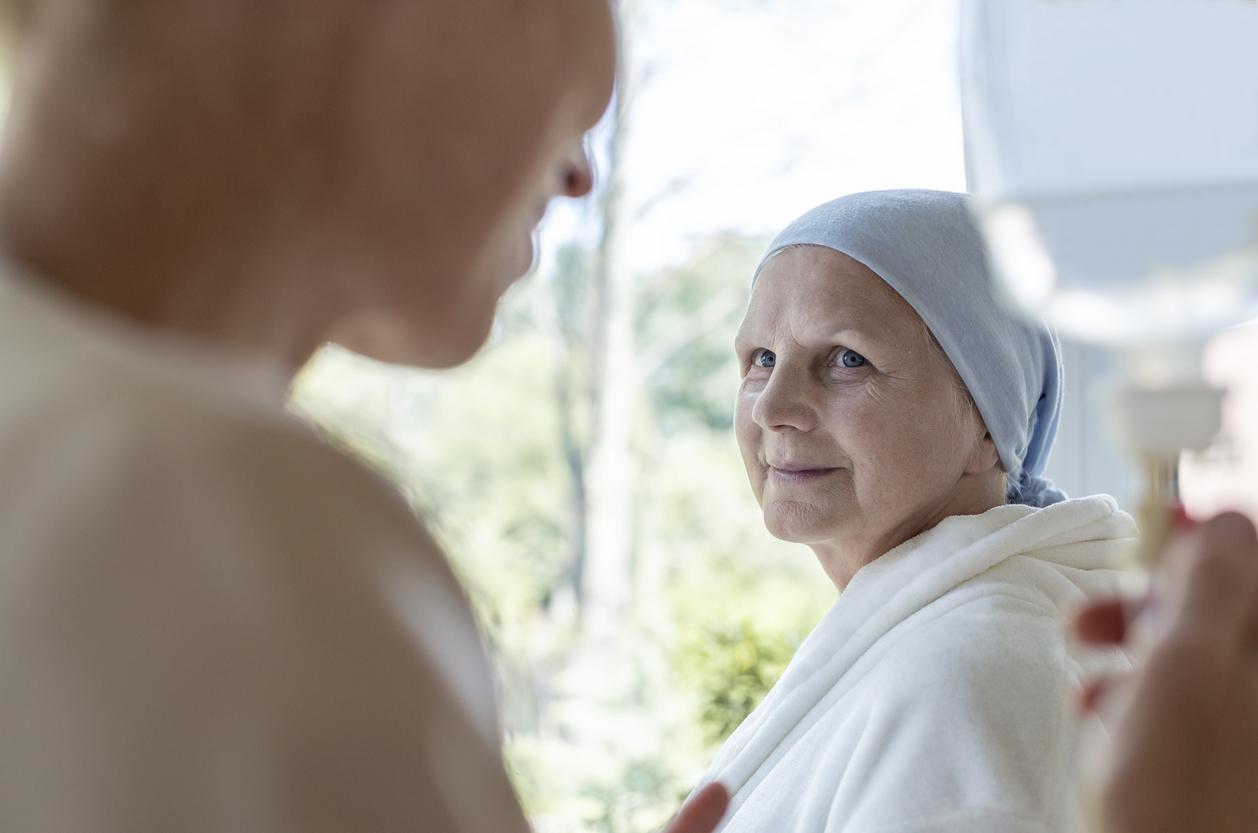Researchers from The Ottawa Hospital and the University of Ottawa in Canada conducted a clinical trial combining chemotherapy and blood stem cell treatment for people with early stage multiple sclerosis agressive.
24 participants with aggressive multiple sclerosis took part in the trial and were followed for 13 years. In all, 24 participants with flare-ups. They were followed for 4 to 13 years after their treatment (the median follow-up being 6.7 years).
Chemotherapy treatment for MS appears to be effective
The results of the trial showed that no participant had a new active inflammatory lesion in the brain (zero lesions on 327 MRI scans), while before treatment, 48 MRI scans revealed 188 lesions .
During the study, no volunteer had to take medication to treat the multiple sclerosis and 70% of participants saw their disease progression stop completely.
Researchers found that brain atrophy, which normally worsens as the disease progresses, returned to the normal ranges associated with aging, and in 40% of participants, symptoms resolved permanently, such as loss vision, muscle weakness and balance problems.
“Our trial is the first to show the complete and lasting disappearance of all inflammatory activity in people who have the multiple sclerosis says Dr. Atkins, stem cell transplant physician and scientist at The Ottawa Hospital and associate professor at the University of Ottawa. “It’s very promising. That said, you should be aware that this treatment can have serious side effects and risks and would only be suitable for a small proportion of people who have a very active form of multiple sclerosis. Those who have had a significant disability for a long time would probably not be able to benefit from it.”
A new therapeutic voice to treat patients with multiple sclerosis
This therapeutic discovery is a hope for all patients with multiple sclerosis.
This pathology is an autoimmune disease that affects between 70,000 and 90,000 people in France. Each year, between 3000 and 5000 new cases are diagnosed, with a clear predominance in women. Difficulty walking, fatigue, weakness in the limbs, chronic pain are some of the symptoms of the disease. There is no treatment to cure the SEP.
Read also:
Multiple sclerosis: a treatment soon to be available?
Multiple sclerosis: vitamin D during pregnancy reduces the risks
Multiple sclerosis: coffee and vitamin D would reduce the risk


















